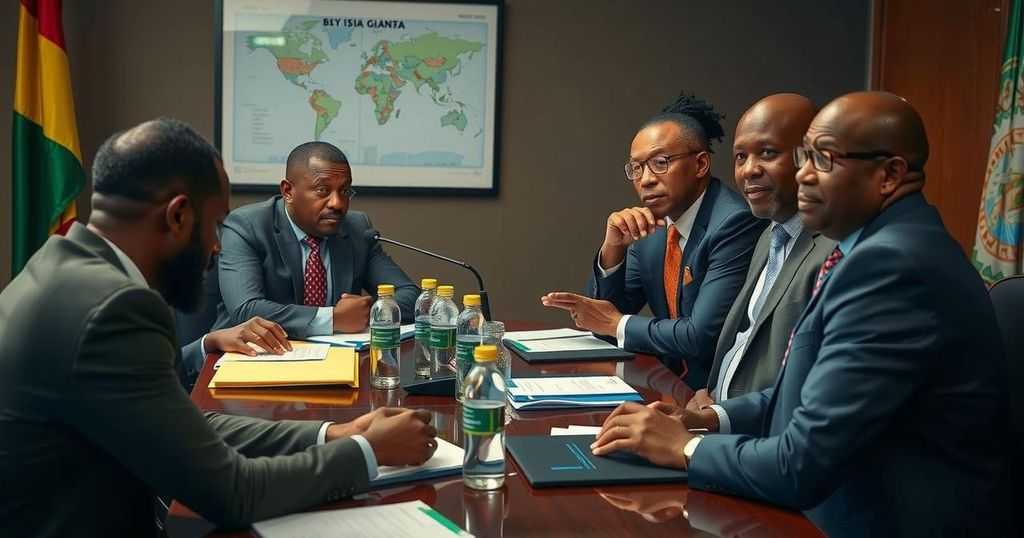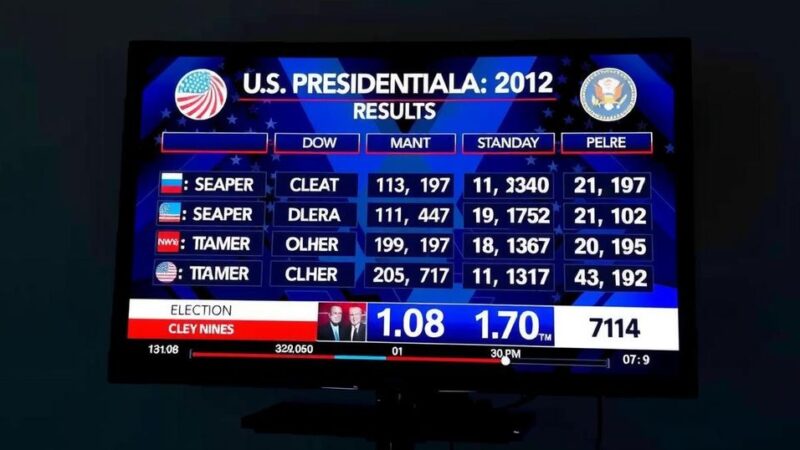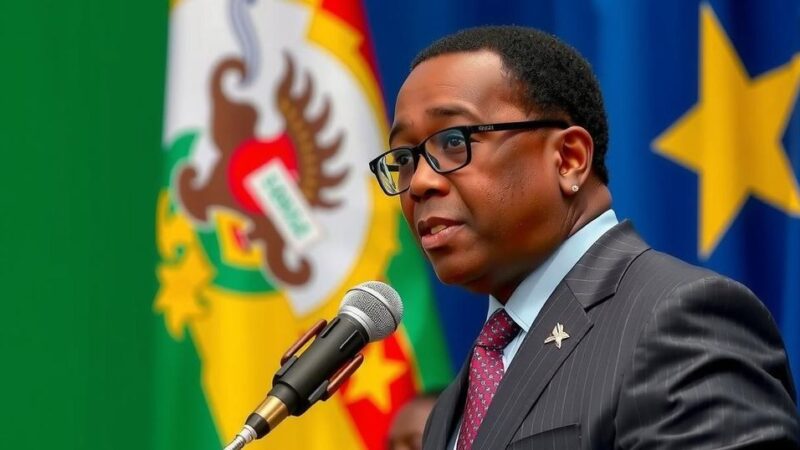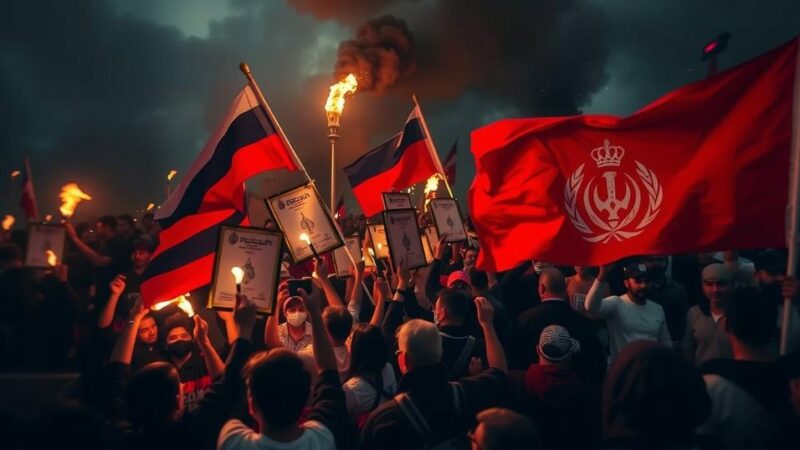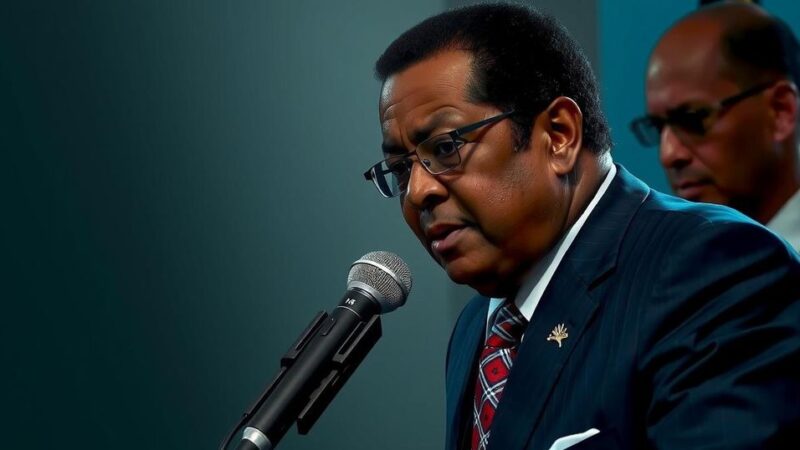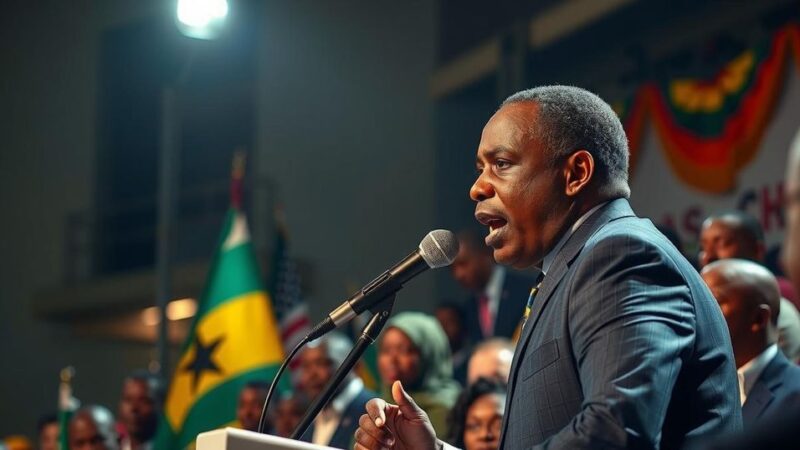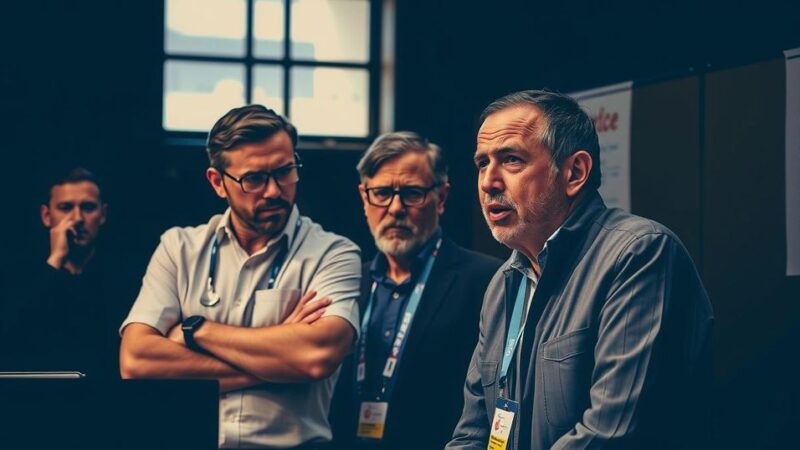Guinea Bissau’s President Umaro Sissoco Embalo postponed legislative elections set for November 24, extending the political uncertainty in the nation. This decision follows a history of instability marked by recent dissolution of parliament and logistical challenges to conduct elections. The postponement raises concerns about Guinea Bissau’s political future as it prepares for upcoming presidential elections amidst significant opposition and financial struggles.
On Monday, the President of Guinea Bissau, Umaro Sissoco Embalo, officially announced the indefinite postponement of the legislative elections that were originally scheduled for November 24. This decision has extended the political uncertainty in the small West African nation, which has been grappling with instability since the dissolution of parliament in December 2023, a measure taken by the president following violent clashes deemed an attempted coup. The postponement reflects the ongoing challenges faced by the country, which has been struggling with logistical issues and insufficient funds to conduct the elections, according to Aristides Ocante da Silva, the minister for territorial administration. In the lead-up to this announcement, anticipation had been building regarding the likelihood of deferral, with various analysts noting that such a move would illustrate the continuous turbulence impacting the governance of Guinea Bissau. Following the president’s decision to dissolve parliament, his political advisor, Fernando Delfim da Silva, confirmed that the decree setting the election date had been rescinded, although a new timeline for the elections has yet to be established. This further complicates the situation, especially as the nation also prepares for presidential elections to replace Embalo, whose tenure has been marked by significant opposition from the African Party for the Independence of Guinea and Cape Verde (PAIGC). The PAIGC, holding a commanding majority in parliament since the elections in June 2023, has created a challenging environment for the president, resulting in what has been characterized as a tense political coexistence. Moreover, Guinea Bissau’s status as one of the poorest countries globally has exacerbated the electoral process, making it difficult to secure the necessary funding. Despite some progress towards restoring constitutional governance over the past decade, the political landscape remains fraught with volatility, underscored by historical patterns of coups and corruption since gaining independence from Portugal. Thus, the indefinite delay of the elections not only reflects current obstacles but also raises significant questions about the future stability of the nation.
Guinea Bissau, a small West African nation, has faced enduring political challenges since gaining independence from Portugal in 1974. The country has endured numerous coups and political crises, contributing to a legacy of instability and inactivity in governance. Despite efforts in recent years to establish a more sustainable political framework, the nation continues to experience turbulence, significantly impacting the democratic electoral process. The present postponement of the elections is symptomatic of these deeper issues, including strained political relations, financial difficulties, and a general lack of public trust in governmental institutions that persist in Guinea Bissau’s socio-political landscape.
The indefinite postponement of legislative elections in Guinea Bissau signifies a continuation of the political turmoil that has beleaguered the nation for decades. President Umaro Sissoco Embalo’s decision underscores the logistical and financial hurdles that complicate the electoral process, particularly against a backdrop of intense rivalry with opposition parties. As the country navigates through these challenges, the uncertainty regarding future elections raises concerns over the democratic trajectory and the overall stability of Guinea Bissau.
Original Source: punchng.com
